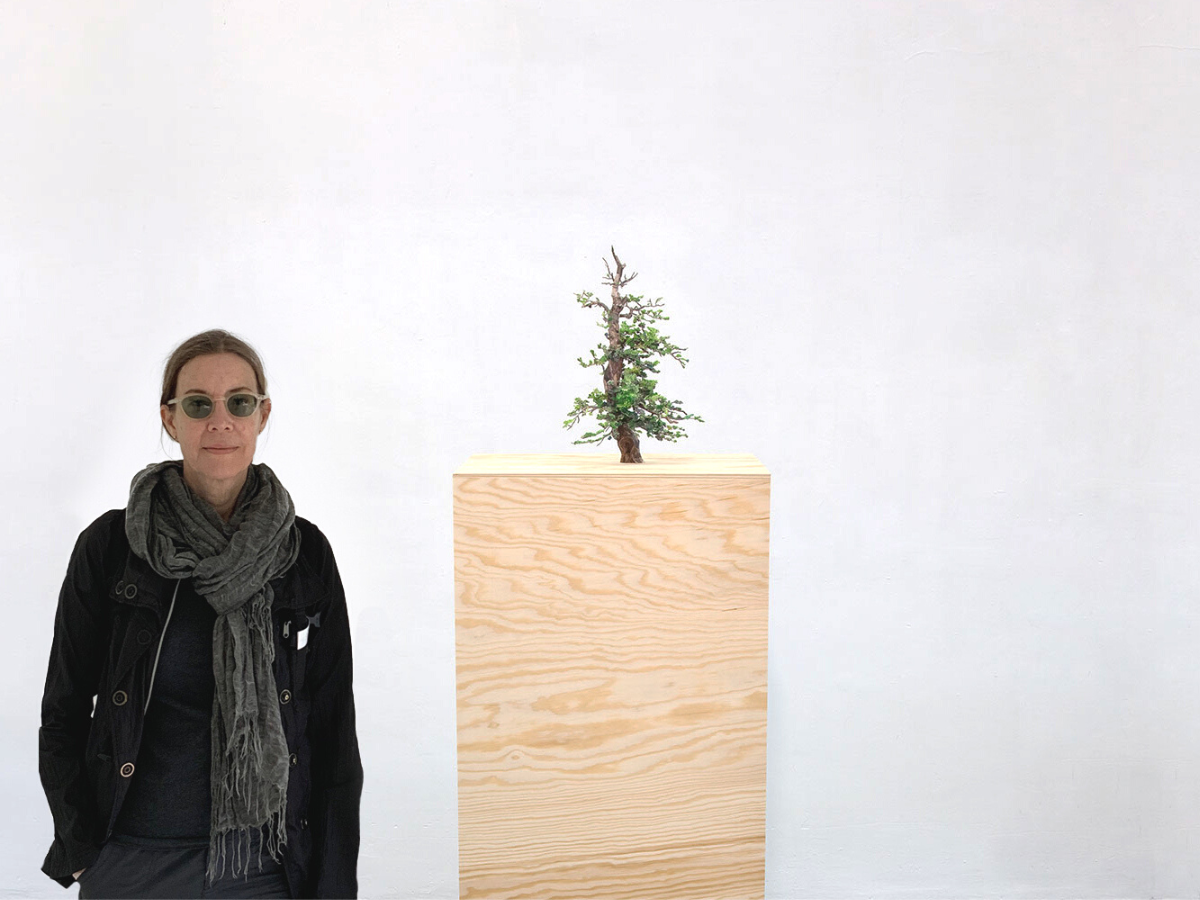
Jane Brucker, LMU professor of studio arts, was invited to participate in a HAW.International grant awarded to Trier University of Applied Sciences’ Campus of Art and Design through the German Academic Exchange Service (DAAD). As part of the award, Brucker was invited to guest lecture for four weeks exploring pedagogical approaches to internationalization and sustainability. Her summer 2022 project was titled “Water and the sustainable body.”
Brucker’s involvement in the project was part of a larger, million-euro initiative called “Hochschule Trier International: Global Innovation for Sustainable Futures.” This initiative and Brucker’s project tie into the United Nations Sustainable Development Goals (SDGs) as a blueprint to achieve a more sustainable future for the planet.
“My invitation contributed to Trier University of Applied Sciences’ goal of expanding the proportion of English-language teaching related to the SDGs and inspiring students to act as global citizens and change agents for sustainability by using an interdisciplinary mode of instruction,” said Brucker. “My German colleagues and I felt there could be ways to work together with our students to consider the role of artists and scientists in addressing the U.N. goals of improving health and education and reducing inequality – all while tackling climate change and working to preserve our oceans and forests.”
Brucker activated her interdisciplinary and collaborative pedagogical approach by bringing together key contributors and collaborators, including Jörg Obergfell, artist and Trier professor; Jeremy Wasser, Ph.D., biomedical scientist, Texas A&M University professor, and affiliate faculty at LMU’s Marymount Institute; artist Barbara Benish, whose research focuses on microplastics and water; and graduate students studying microplastics from the Life and Medical Sciences Institute at the University of Bonn.
Brucker and her collaborators paired art and science students together to form synergetic learning teams. The teams were tasked to create visual projects that communicated current research on microplastic pollution in water and the effects of microplastics on the human body. “Change was about creating awareness and accurate understanding through visual, auditory, and experimental creative modes,” said Brucker. Their final artworks were showcased in an exhibition where even Brucker’s dog, Lakka, was able to participate.
“An international, intercultural, and global dimension is critical for learning in the arts and sciences,” said Brucker. “I would encourage more opportunities that connect faculty and students with the global environment and that forge relationships with institutional partnerships across the globe.”
In 2019 LMU obtained observer status to the United Nations Framework Convention on Climate Change, providing opportunities for students and faculty members to participate in discussions about global warming, greenhouse gases and other environmental issues. To learn more about LMU’s commitment to advancing the SDGs through education, research, programs, and partnerships, click here.





